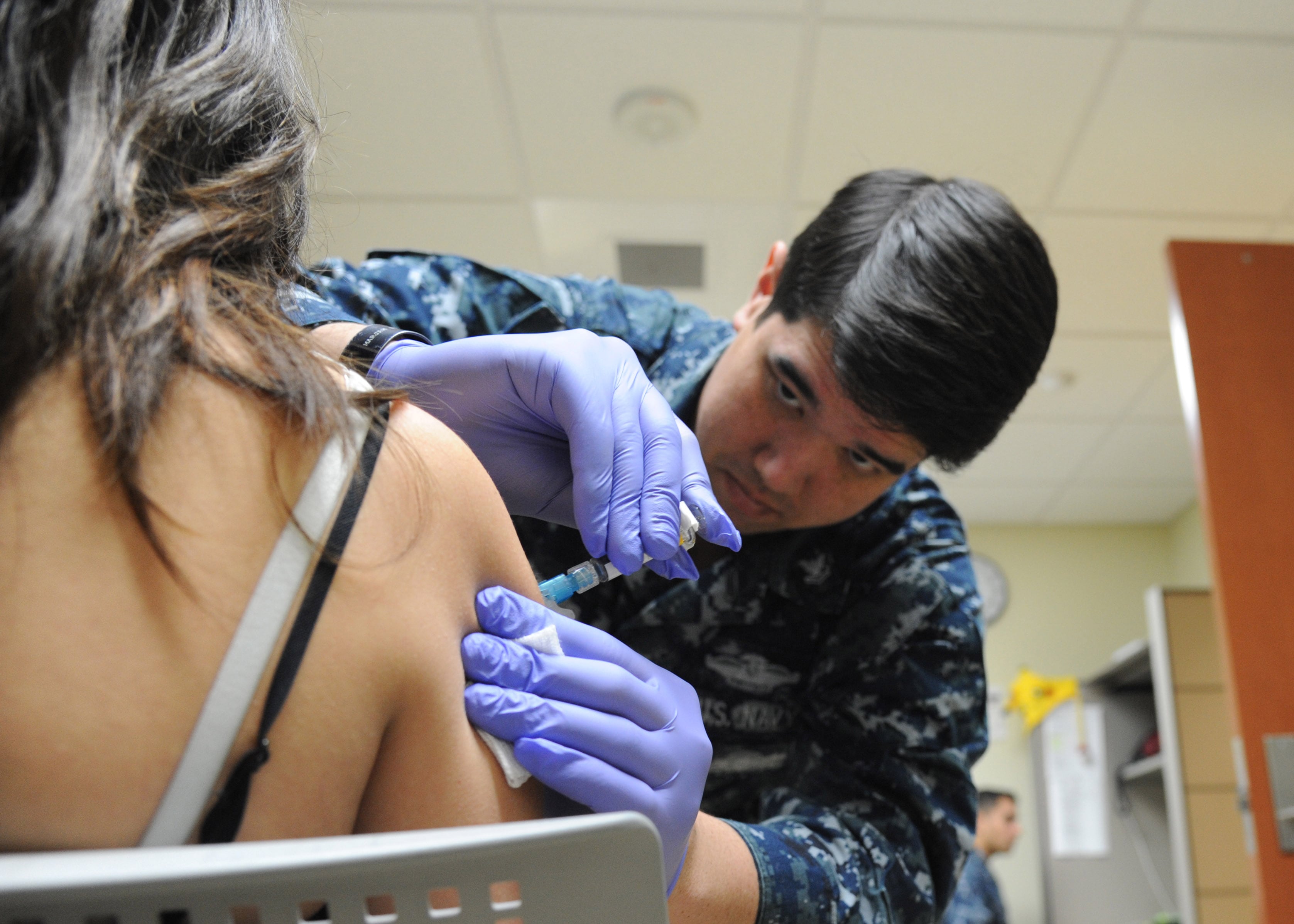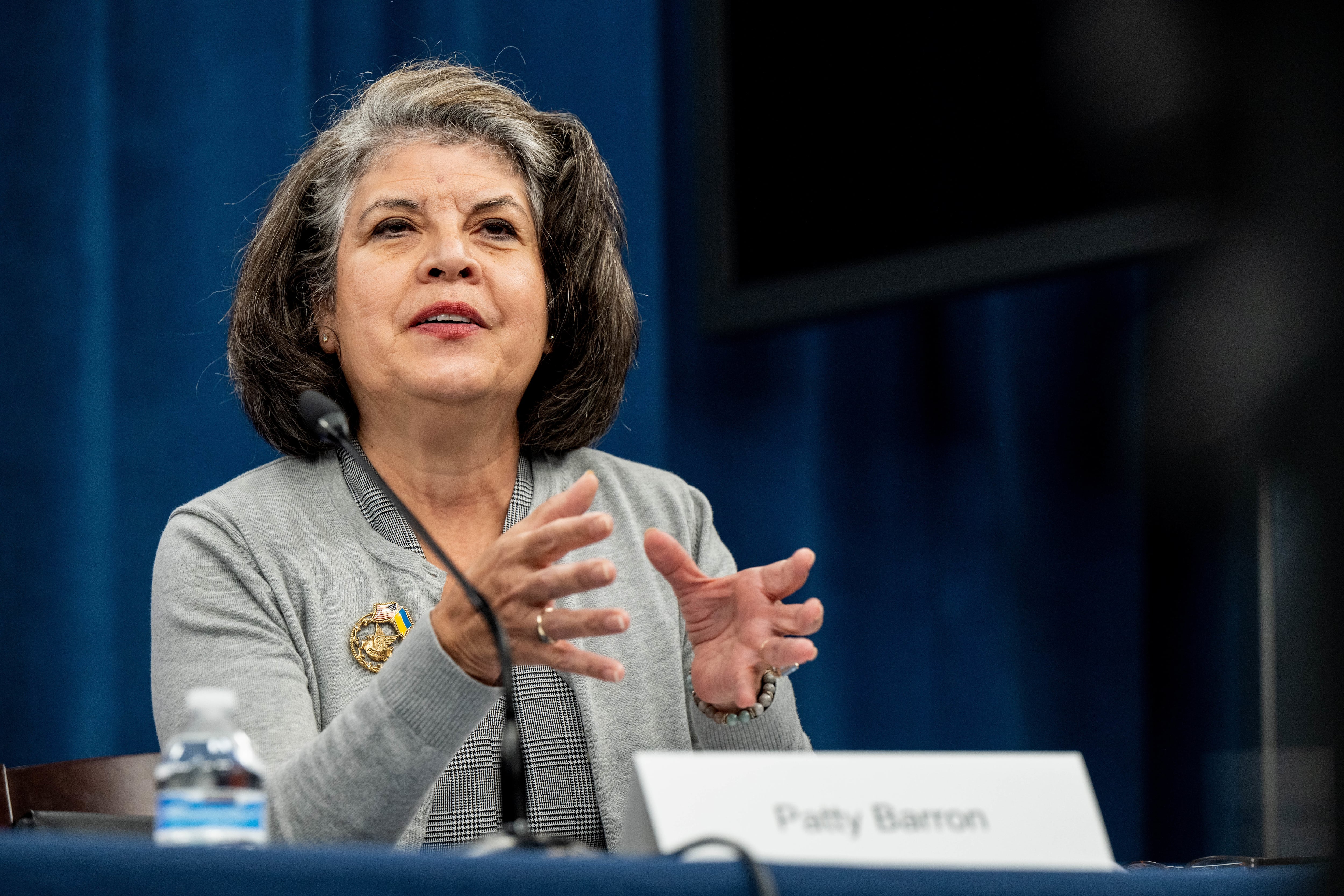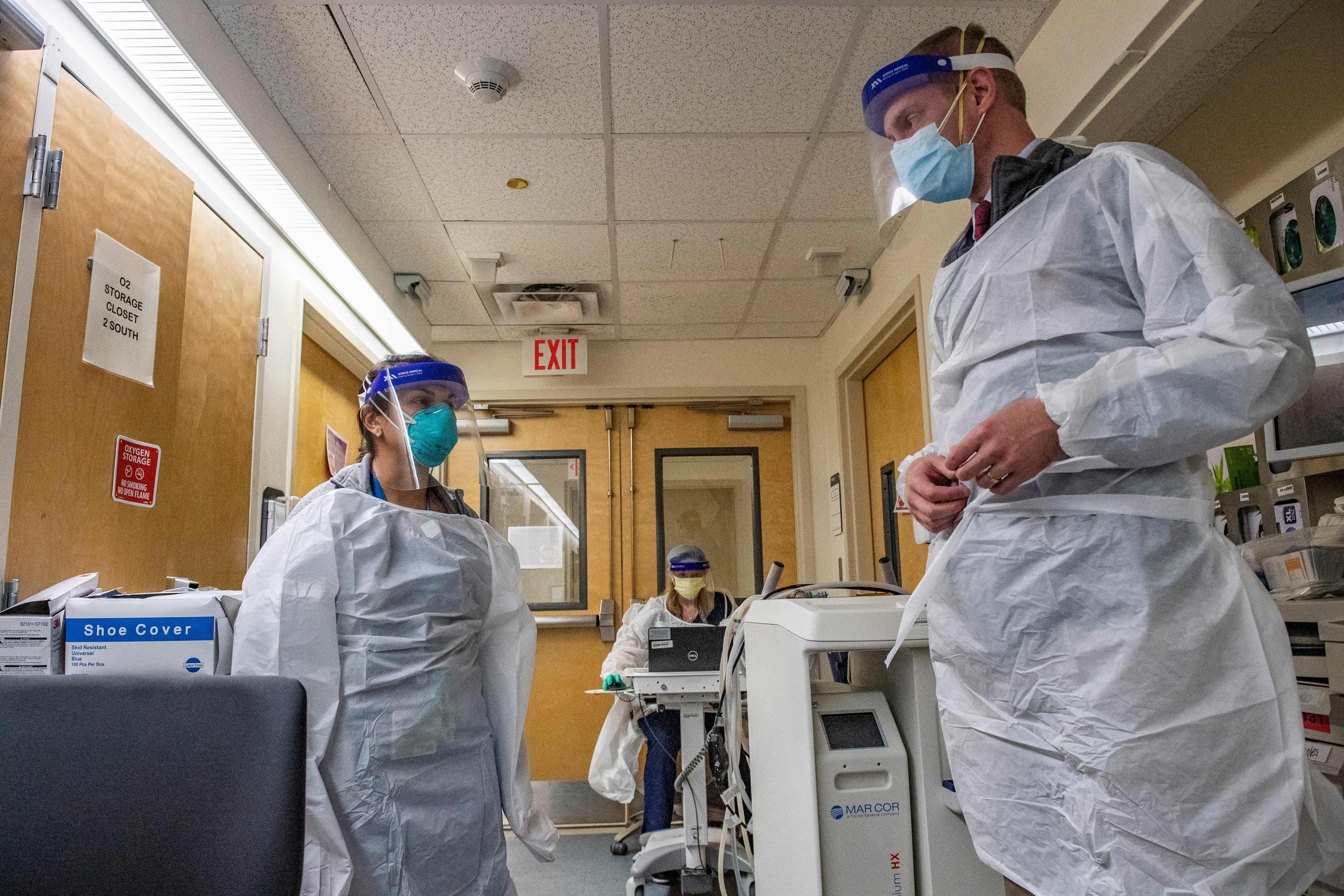For Marines, great victories, great defeats and great sacrifices are never forgotten, but are remembered with battle streamers attached to unit colors. Unfortunately, there are no battle streamers to remember the ultimate sacrifice made in 1983 by Marines, sailors and soldiers in Beirut, Lebanon in 1983.
In the very early morning of Oct.ober 23rd in Beirut, Lebanon, a building serving as the command post for the Fir1st Battalion, 8th Marines, Regiment was hit by a suicide bomber driving a stake-bed truck loaded with compressed gas-enhanced explosives. The explosion and collapse of the building killed 241 Marines, sailors, and soldiers. Bomb experts who examined the blast site said the explosives, equivalent to 12,000 called the approximately 12,000 pounds of TNT, constituted the largest non-nuclear bomb explosion in history. For the Marines it was the biggest loss of life in a single day since the Corps fought the Japanese on Iwo Jima in World War II.
In 1982, Lebanon, the country once known as the "Switzerland of the Middle East" because of its European flavor, its prosperous economy and its ethnic diversity and tolerance, was mired in a bloody ethnic and religious conflict that would permanently destroy its character and leave its people shattered and demoralized to this day. In Junel 982, aAfter repeated Palestinian Liberation Organization cross-border attacks from strongholds in southern Lebanon into villages in northern Israel, the Israeli Defense Forces launched Operation Peace for Galilee. Throughout thatthe summer of 1982, CNN brought to the world's living rooms images of Israeli air and artillery pounding heavily populated Beirut as they sought to destroy the PLO fighters there, who were surrounded in the city by the Israeli forces. The terrible suffering, more than 12,000 killed in 70 days, focused world attention on the beleaguered citycaused Beirut to become the center of worldwide attention. At the request of the Lebanese government, the United States, along with Britain, France, and Italy inserted a multinational peacekeeping force into Beirut, hoping its "presence" would provide a measure of stability to help the Lebanese government get back on its feet. Unfortunately, America was sticking its hand into a thousand-year-old hornet's nest.
By the summer of 1983, as diplomatic efforts failed to achieve a basis for lasting settlement, the Muslim factions came to perceive the Marines as enemies. This led to artillery, mortar, and small-arms fire being directed at Marine positions — with the Marines responding in kind against identified targets. By mid-October, just before being introduced to a new and deadly weapon — the suicide truck bomber, seven Marines had been killed and 26 injured.
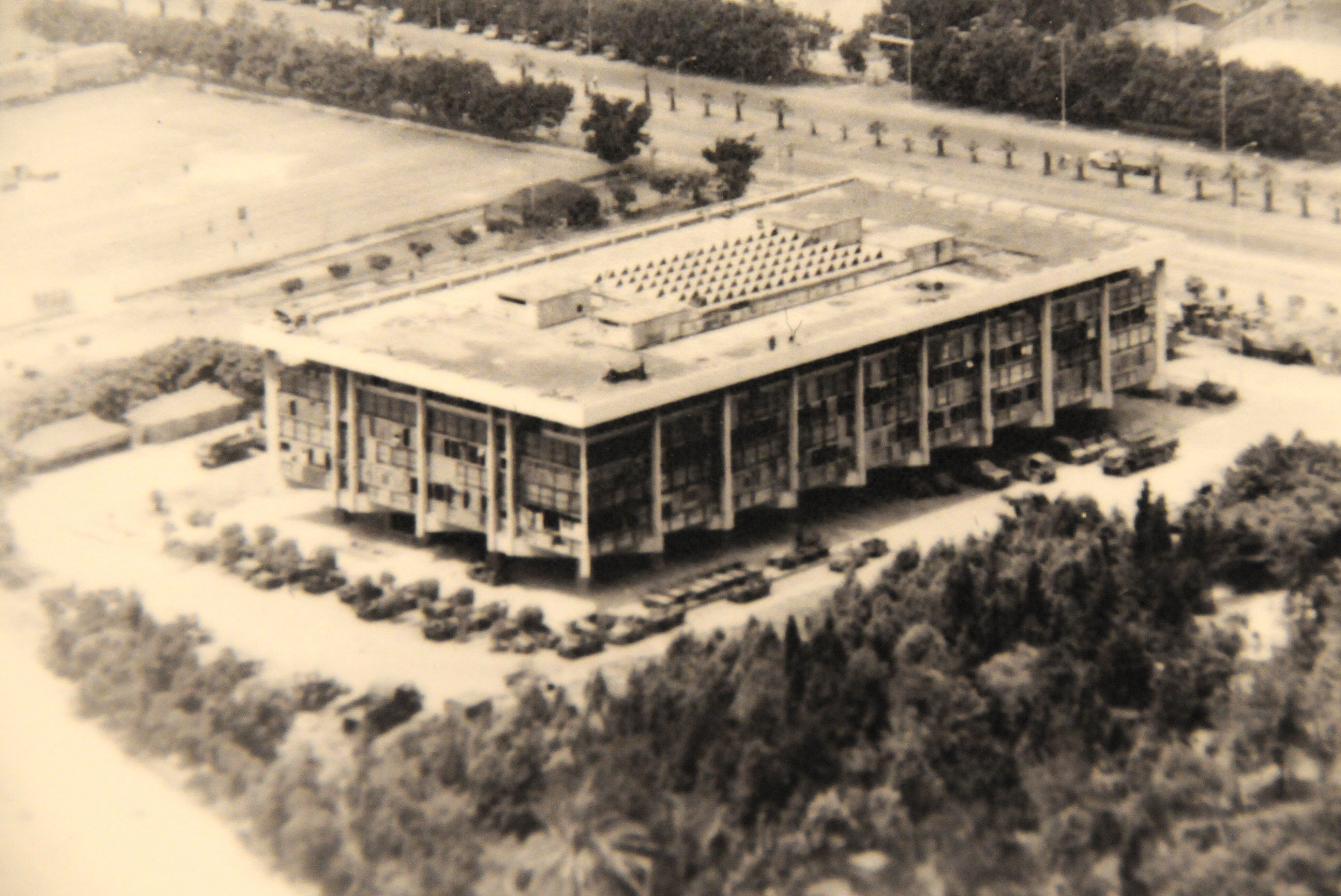
The truck bomb that exploded at the Marine barracks was the equivalent of 12,000 pounds of TNT. This image is part of an exhibit at the National Museum of the Marine Corps, "The Story of the U.S. Marines and Navy in Beirut."
Photo Credit: Defense Department
Then came the introduction of a new and deadly weapon to the Middle East, the truck bomb.
Immediately following the tragedy, there was an outpouring of grief and support for the families and loved ones if the fallen by the residents of Jacksonville, North Carolina. .C., expressed an outpouring of grief and support for the families and loved ones of the Marines and Sailors who had been killed. PAs part of that support, they raised funds included raising funds for a memorial to honor those who had died in Lebanon during the peacekeeping mission. Today, near the entrance to Camp Johnson, a subsidiary base of the overall Camp Lejeune complex, a memorial wall was erected, nestled among the Carolina pines. and now permanently stands nestled among some Carolina Pine trees. The Wall, was completed on Oct.ober 23, 1986, and is similar to the Vietnam Wall in Washington D.C., as it bears a list of those Americans who died in Lebanon. Only four words are inscribed on the Wall: "They Came in Peace.'' In 1988, a statue of a lone Marine keeping vigil over his fellow Marines, was added to the siteWall, it represents a lone Marine keeping vigil over his fellow Marines. In addition to the Wall, for each man killed, Jacksonville residents of Jacksonville planted a Bradford pPear tree for each man killed in the explosion on the center in the median of along Lejeune Boulevard, on Highway #24
A Marine officer, now retired, recalls that in tells the story of when in August 1992, while still on active duty and traveling to Camp Lejeune, he couldn't help but notice the trees that lininge the middle of the road. Knowing that each tree was dedicated to an individual Marine, sSailor, or sSoldier who had lost his life in Lebanon, he felt saddened as the vehicle sped past tree, after tree, after tree. Before arriving at the main gate he asked the young Marine who was driving him if he knew the significance of those trees. The Marine quickly looked at a few of the trees as he sped past them, and then looked over to his the passenger and said, very matter-of-factly, "Hell, I don't know. I've never noticed them before. I guess they're just trees."
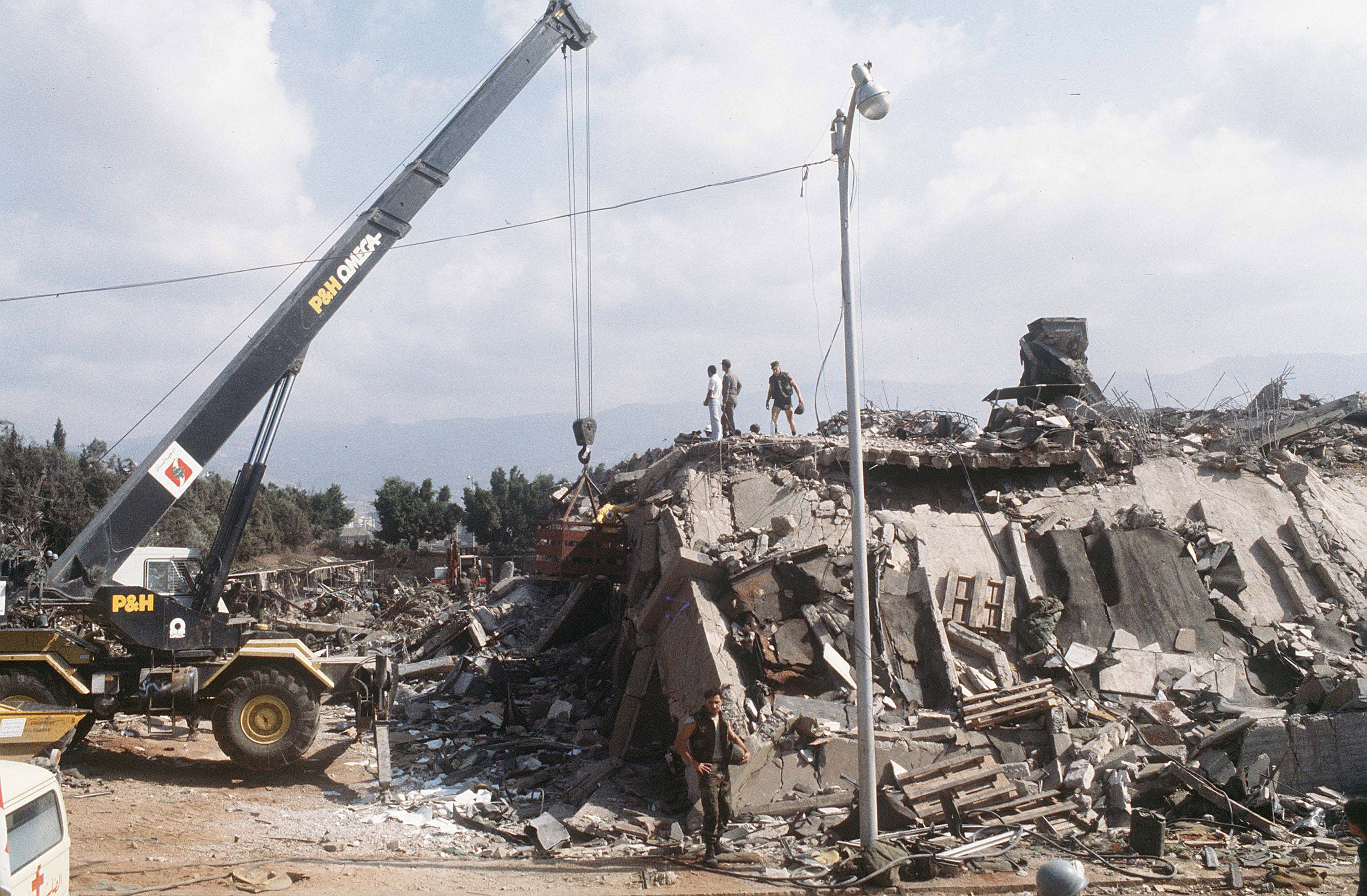
Emergency crews work in the rubble of the U.S. Marine barracks in Beirut Oct. 23, 1983 after a terrorist bomb destroyed the building, killing 241 U.S. servicemen.
Photo Credit: Bill Foley/Associated Press
The Bradford pears have grown since first planted, and as evidenced by the young Marine's comment, their growth has been somewhat meaningless to those who were either too young to remember that October 1983 tragedy, or to those who have never been told of their significance. It is somewhat ironic that a young Marine, of all people, could have been so cavalier in his response, because if anyone should be concerned about what happened in Beirut, it is Marines who are and will be stationed with the Fleet Marine Forces.
Unfortunately, in October 1983, the vast majority of Americans had little knowledge of, less interest in, and no great concern with what was going on in Beirut — it was so far away. TodayOn this anniversary of that awful day, let us honor, but also learn from, the sacrifices of those who have gone before, so we do not give the citizens of Jacksonville a reason to plant more trees along a stretch of highway that leads to the main gate of their military base.
Retired Marine Col. Charles A. Dallachie served in Beirut as a 1st lieutenant and was inside the barracks when the bomb went off. He was administered Last Rights, but after being hospitalized for a year, he fully recovered.

